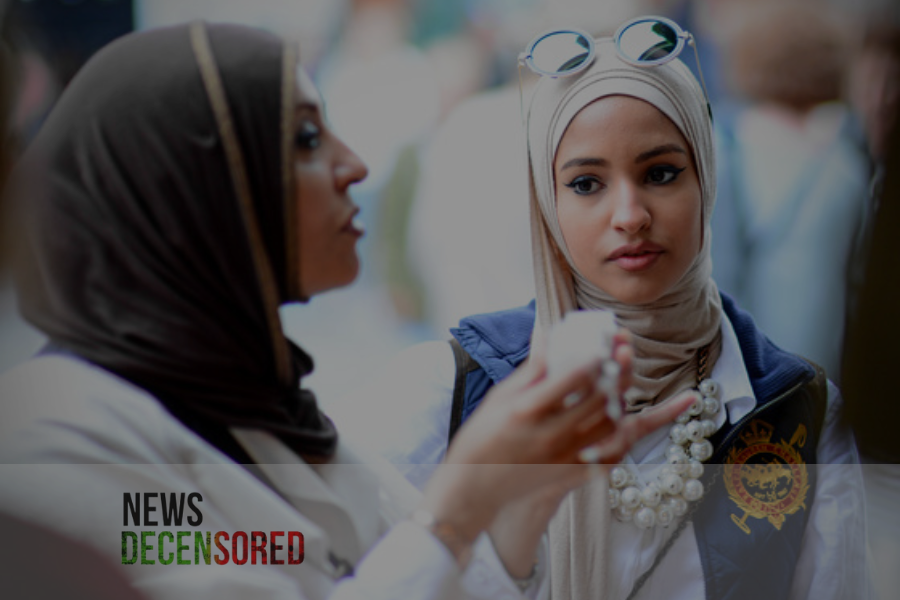1. Economic Independence and Security:
The issue with Muslim women is the general lack of level of economic autonomy. Hence, due to paid work, she shall be financially able to enable her family and prepare herself with the security that she needs most. This independence will personify her in many ways and can be used as insurance during complex economic or individual problems.
2. Personal Fulfillment and Growth:
The employment opportunity enables Muslim women to obtain outside homework and brings about several satisfactions and personality developments. They can tap their potential, gain what they want, and achieve their career goals. This will create a new volume of accomplishment and self-confidence in their lives and vastly enhance the quality of their existence and contentment.
3. Educational Utilization:
Many Muslim women will participate in tertiary education to pursue education for the sake of knowing and acquiring professional skills in various disciplines. It enables them to apply that education and training in the generation workforce, be beneficial to society, and have a career. This justifies their endeavor to seek education and motivate generations to accept and strive for it.
4. Stereotype Breakers:
It is crucial to employ Muslim women to eliminate the stereotype prevalent concerning the Muslim woman’s socially determined role as a house help. In this way, they contribute to the representation of various professional areas, indicating their ability and contributing to the elimination of prejudice and misconception of Muslim women worldwide to promote the reconstruction of prejudice.
5. Contributing to Society:
Thus, talented and unique perspectives define Muslim women as they join the workforce. These contributions enhance properties like innovation, cultural diversity, and social development. They also participate equally in upgrading social statuses through work and society.
6. Role Modeling for the Future Generations:
Muslim working women acted as good models for the succeeding generations since they observed the Islamic rules while working and handling their families. They inspire young girls to dream big because they can be successful and have a positive impact on society.
7. Strengthen Family Relations:
Thus, by getting employed, Muslim women bring experience and exposure within the family circle, making the family atmosphere healthy and prosperous; besides, they become more helpful in sharing responsibilities and providing a decision-making forum that equally strengthens the family to bear the burden and share the problems more endurable.
8. Religious Encouragement:
Islam also teaches the continuity of acquiring knowledge and exploiting one’s potential for the sake of society. In this regard, working women can easily bend their religious obligations and turn them into productive members of society by working professionally. In a way, most Muslim women serve God through their work significantly.
9. Global Economic Development:
Muslim women, in particular, need to be employed in the workforce to help support the world’s economies; many openings for economic representation are seen through women’s employment. By employment, they stand to develop even stronger economies that would be mutual to all the parties to the contract.
10. Gender Equality:
Employment aspects for Muslim women stand as one of the measures to reach out towards equitable measures of women. Suppose women have the same capacity to work and be as successful as their male counterparts. In that case, it is helpful to discredit prejudice linked to gender and begin to build the base for a far more equitable society. Such achievements in this field are also positive, touching on women’s lives and enhancing the cause of human rights and social justice in equal measure.
Muslim women should have the right to work for whatever reasons, whether for human satisfaction, for society, or the country at large. Such professional participation will differ qualitatively regarding inclusion, prosperity, and equity in societies. Muslim women benefit from work and do much that benefits society; hence, they say work helps.















